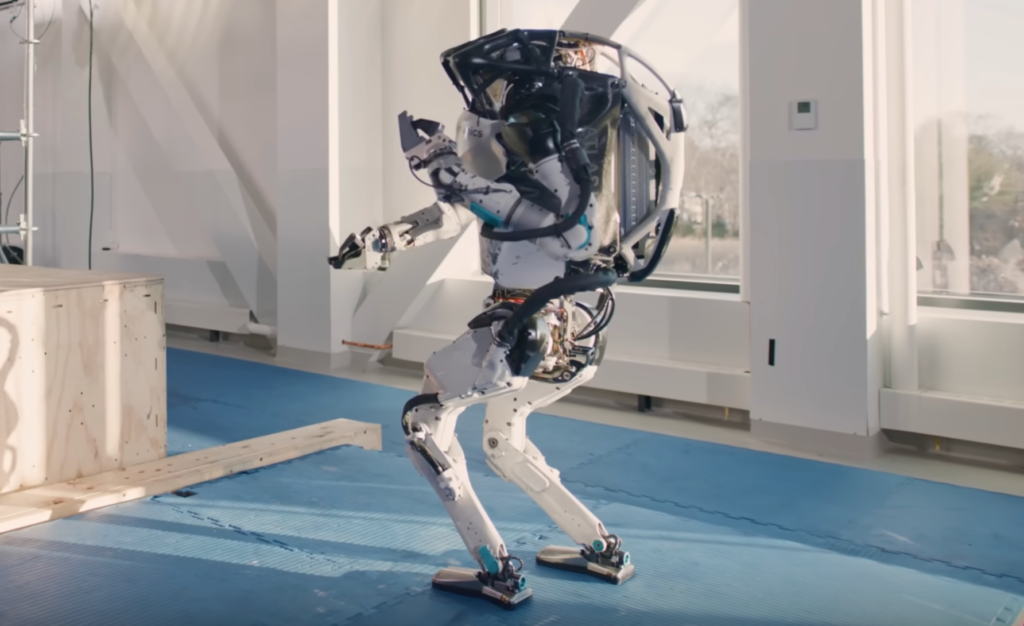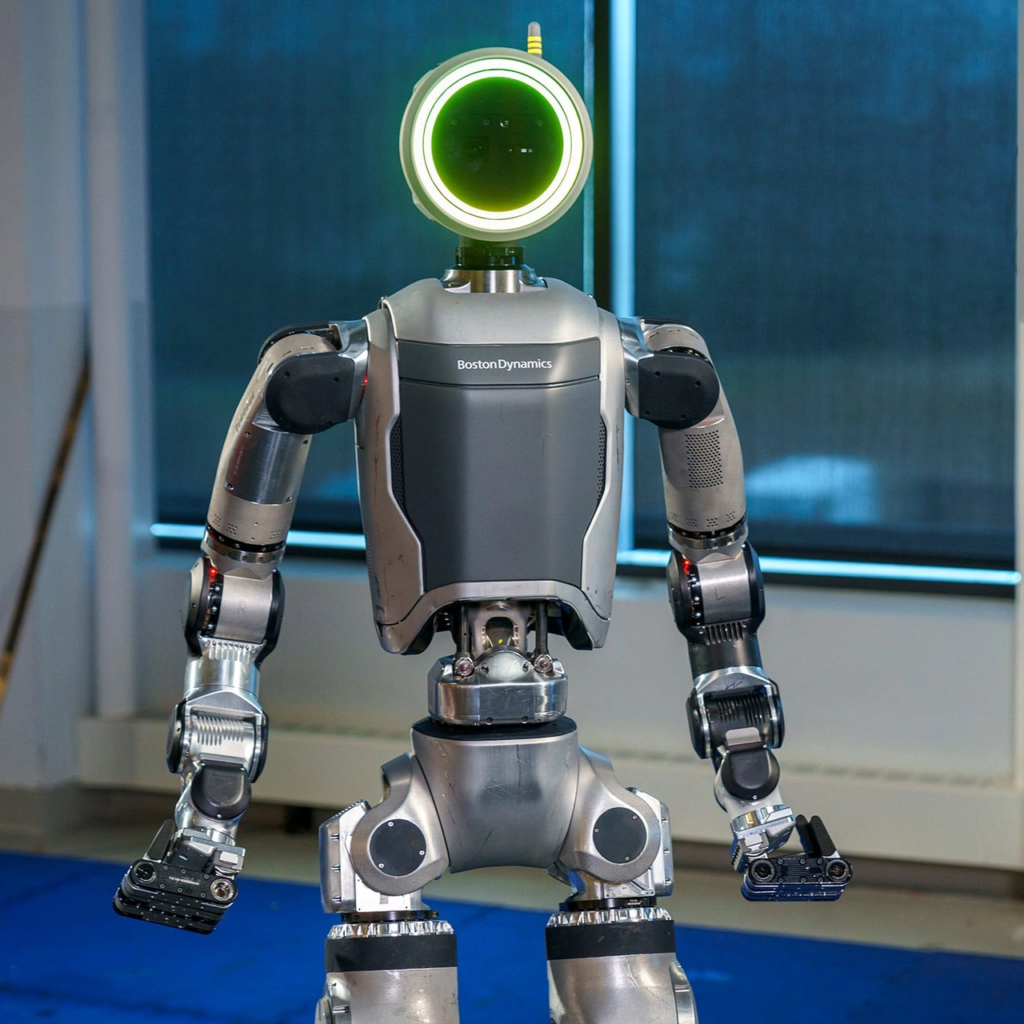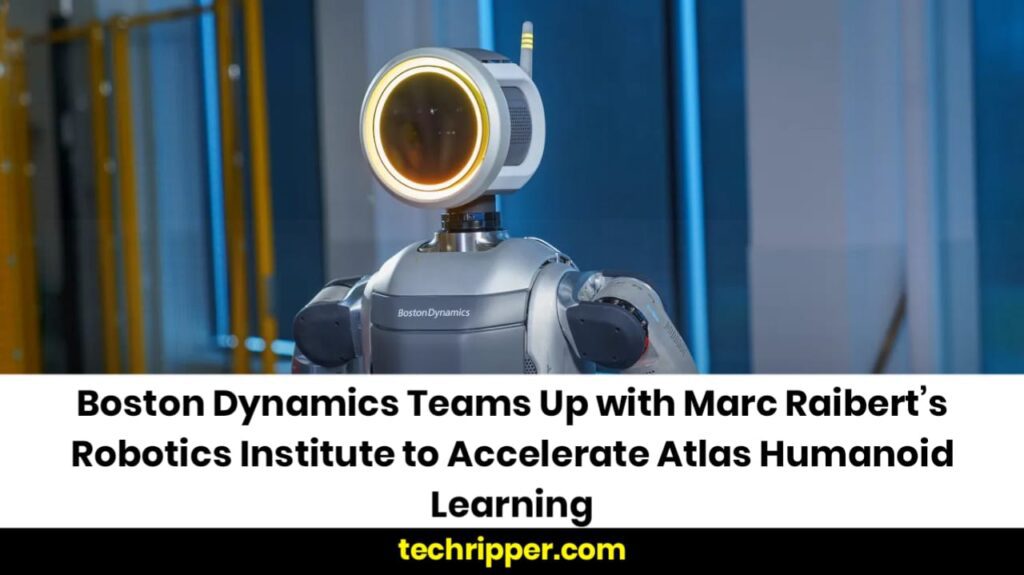Boston Dynamics has announced a groundbreaking partnership aimed at advancing the capabilities of its electric Atlas humanoid robot through improved reinforcement learning. The collaboration is with the Robotics & AI Institute (RAI Institute) , formerly known as The Boston Dynamics AI Institute, which was founded by Marc Raibert, the visionary behind Boston Dynamics and its former CEO for three decades.
This partnership underscores Boston Dynamics’ commitment to pushing the boundaries of humanoid robotics, leveraging cutting-edge AI research to tackle the unique challenges posed by bipedal systems like Atlas. With Hyundai’s backing—both Boston Dynamics and the RAI Institute are tied to the Korean automaker—the initiative allows for exploration of experimental technologies that might otherwise be too ambitious for a commercial enterprise.
A Shared Vision for Reinforcement Learning
At the heart of this collaboration is reinforcement learning , a technique that mimics how humans and animals learn through trial and error. Historically, reinforcement learning has been time-consuming, requiring countless iterations to refine behaviors. However, advancements in simulation technology have revolutionized the process, enabling parallel training in virtual environments before transferring skills to real-world applications.
The partnership between Boston Dynamics and the RAI Institute focuses on two key areas:
- Transferring Simulation-Based Learning to Physical Environments: Bridging the gap between virtual simulations and real-world execution is critical for humanoid robots like Atlas, whose complex movements must adapt to unpredictable forces such as balance, resistance, and motion.
- Enhancing Full-Body Coordination: Activities like dynamic running and manipulating heavy objects require precise synchronization of limbs. These tasks highlight the unique challenges—and opportunities—of designing a humanoid robot capable of interacting seamlessly with its surroundings.
Marc Raibert’s Role in Shaping the Future of Robotics
Founded in 2022, the RAI Institute serves as an incubator for Marc Raibert’s continued exploration of advanced robotics and AI. While Boston Dynamics focuses on commercializing robotic systems, the Institute operates with greater freedom to experiment, mirroring initiatives like Toyota’s Toyota Research Institute (TRI) . In fact, TRI recently partnered with Boston Dynamics to explore the use of large behavior models (LBMs) —a complementary effort to the reinforcement learning work now underway with the RAI Institute.
In a statement, Raibert emphasized the importance of this collaboration:

Why Reinforcement Learning Matters for Humanoid Robots
Humanoid robots like Atlas present unique challenges due to their bipedal design, which requires balancing stability with agility. Unlike quadrupedal robots like Spot, humanoids must navigate environments built for humans, performing tasks that demand dexterity, coordination, and adaptability.
Reinforcement learning offers a pathway to mastering these complexities by enabling robots to learn from experience. For example:
- Dynamic Running: Teaching Atlas to maintain speed and balance while navigating uneven terrain.
- Heavy Object Manipulation: Coordinating arms and legs to lift, carry, and place large items without losing stability.
These advancements could pave the way for humanoids to take on roles in industries ranging from manufacturing to healthcare, where they can assist humans in physically demanding or hazardous tasks.
Vertical Integration vs. Outsourcing AI Development
The announcement comes amid growing trends in the robotics industry, where companies are increasingly prioritizing vertical integration of AI development. Earlier this week, Figure AI founder and CEO Brett Adcock revealed that his company had ended its partnership with OpenAI to focus on building proprietary AI models tailored specifically for its humanoid robots.

Broader Implications for the Robotics Industry
As humanoid robots gain traction, partnerships like this one highlight the critical role of AI in unlocking their potential. By combining Boston Dynamics’ expertise in robotics hardware with the RAI Institute’s cutting-edge AI research, the collaboration sets a new benchmark for what humanoid robots can achieve.
Looking ahead, the lessons learned from Atlas could influence other sectors, from autonomous vehicles to smart manufacturing. Meanwhile, rumors about OpenAI exploring its own humanoid projects underscore the competitive landscape shaping up around embodied AI—a race that Boston Dynamics and the RAI Institute are well-positioned to lead.

